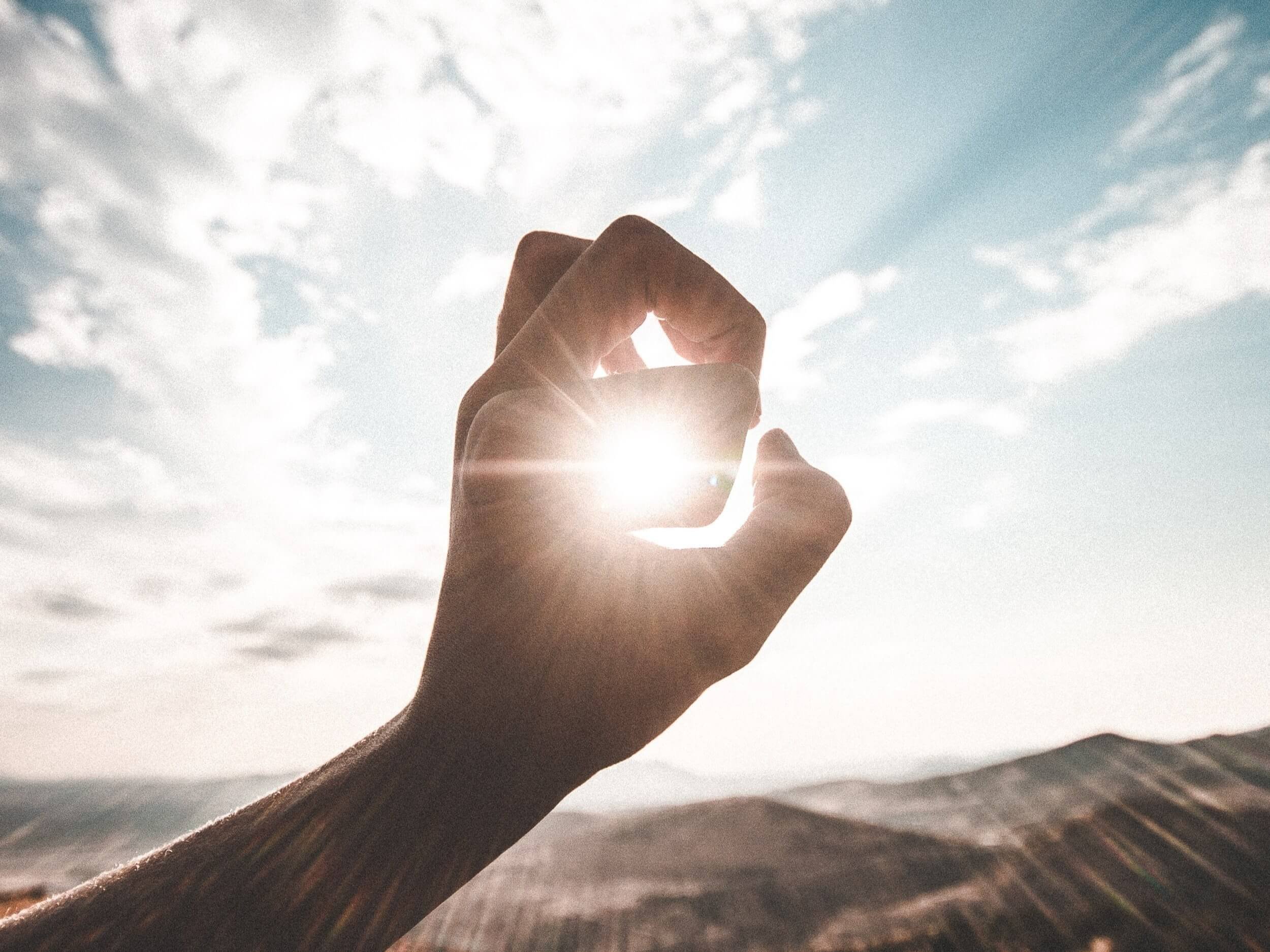Chasing the Sun
We spend a staggering 90% of our days indoors, most of this time in artificially lit workplaces or when we are at the supermarkets.
What is the history of human interaction with the sun?
Humans evolved by hunting, foraging and later agriculture. Much of our earlier existence will have been spent outdoors close to nature.
Despite the prosperity of food Deliveroo and 24/7 supermarkets, our brains have retained a long-established connection with the outdoor world.
Our cycle of life has been dependent on the light of the Sun.
To readjust our Internal clock, known as the circadian rhythm, we need to get out in nature and be exposed to daylight, preferably before midday.
Why is sunlight important to human functioning?
The more melatonin that is in your skin, the longer you need to spend in the sun for your body to activate vitamin D.
Stimulating blue light is much more present in the mornings, this is the same blue light that is emitted by your phone and monitors.
When we are naturally meant to be in the dark, extra light at night is both draining and stimulating for the brain.
With more of us living in bigger cities, it's becoming more common for natural light to be replaced by artificial light. There is more evidence that cities suffer terribly from light pollution.
Check the brightness ratings below:
Outdoors on a sunny day: 10,7000 lux
Outdoors on a cloudy day: 10,700 lux
Outdoors on an overcast day: 1,075 lux
Indoor lighting 200-500 lux
Twilight 10 lux
Candlelight 1 lux
Light of a full moon: 0.1 -0.3 lux
All too often we refrain from going outside in the wind and rain, yet our ancestors did not have a choice.
Any activity that involves getting outside in the daylight will be beneficial for your sleep.
Next time you have a meeting, why not suggest a walk, and talk meeting?
Enjoy a run within nature rather than a run in the gym.
Take your lunch al fresco.
Even taking a bus instead of the tube will help with natural light.
And if you are unable to leave the office, then how about choosing a desk next to the window?
So, what can we do in the evenings to prevent all the lights in the house is on?
You could start by dimming the lights or even enjoy an evening without electricity.
The warm glow of a flickering candle works in harmony with your body clock, this makes going to bed easier as you feel sleepier.
Black-out curtains can help keep the natural light out of your room, and these will aid your sleep, some people also opt for a soft eye mask to truly block out all light.
It is time we all embraced the natural cycle of light and darkness, by enjoying the sunshine and in turn the darkness, this will aid your sleep and you will be thankful.
Would you like to find out more about the Lantern Clinic? You can book a FREE discovery call with Dr Margarita below.



